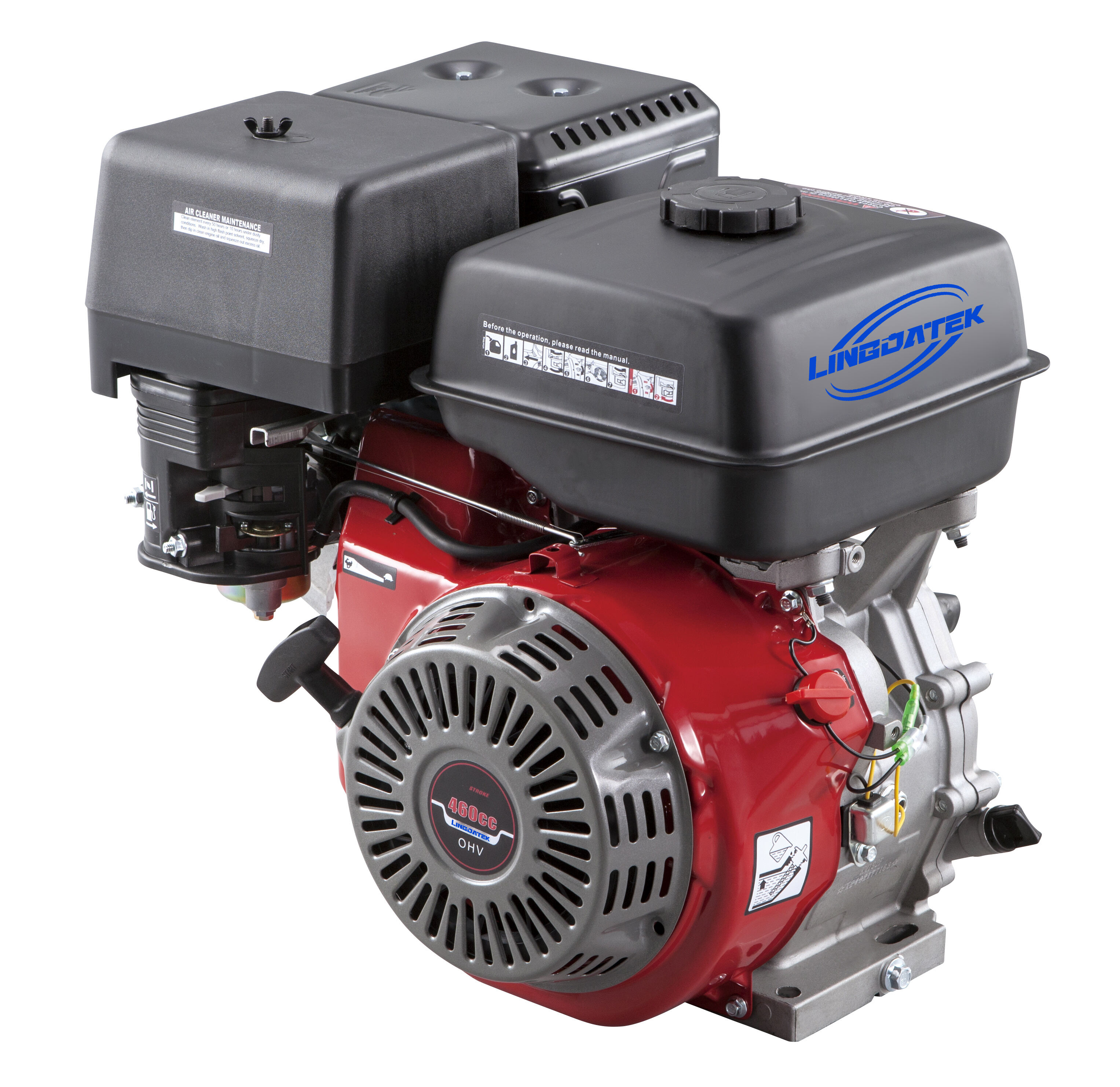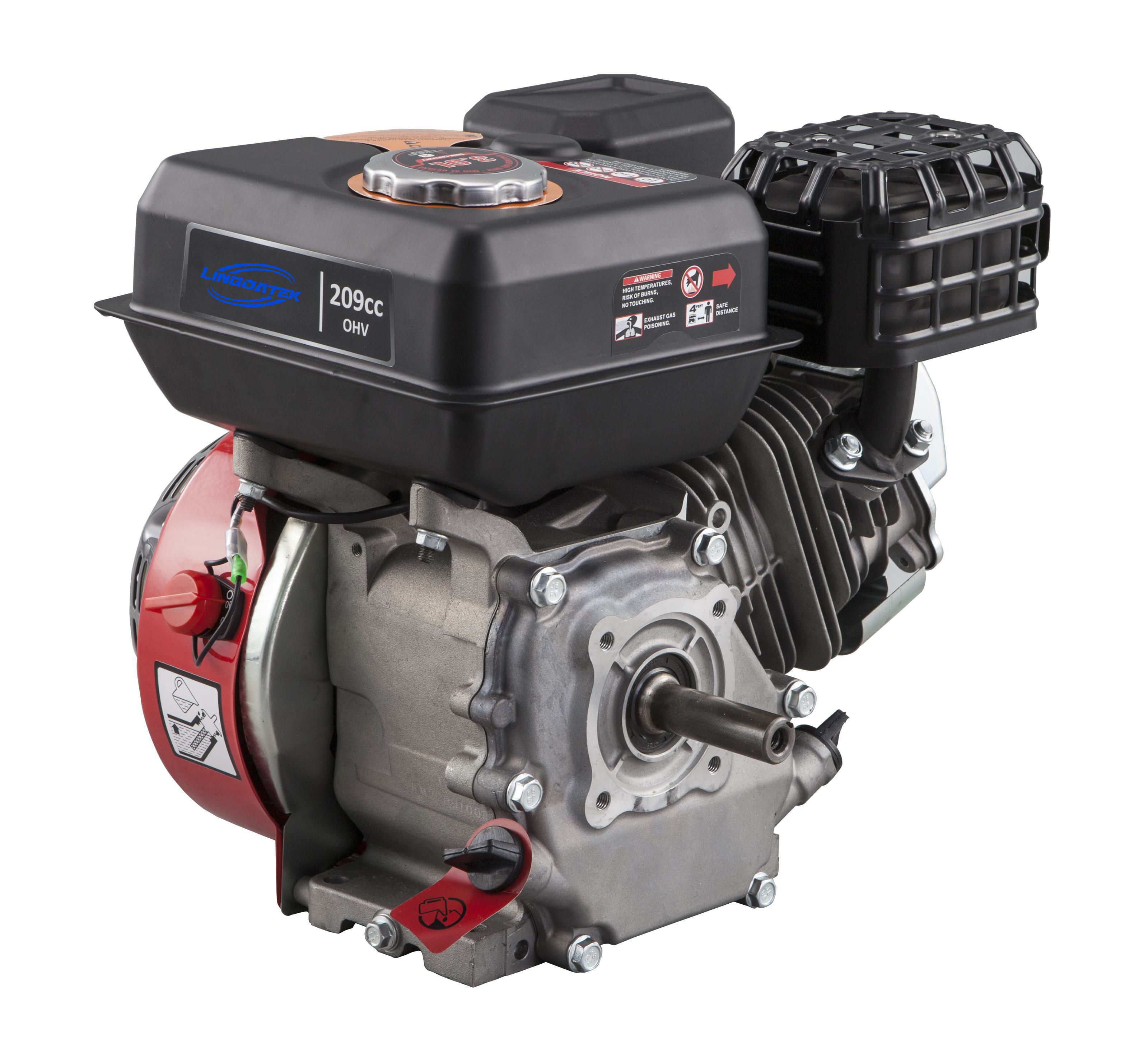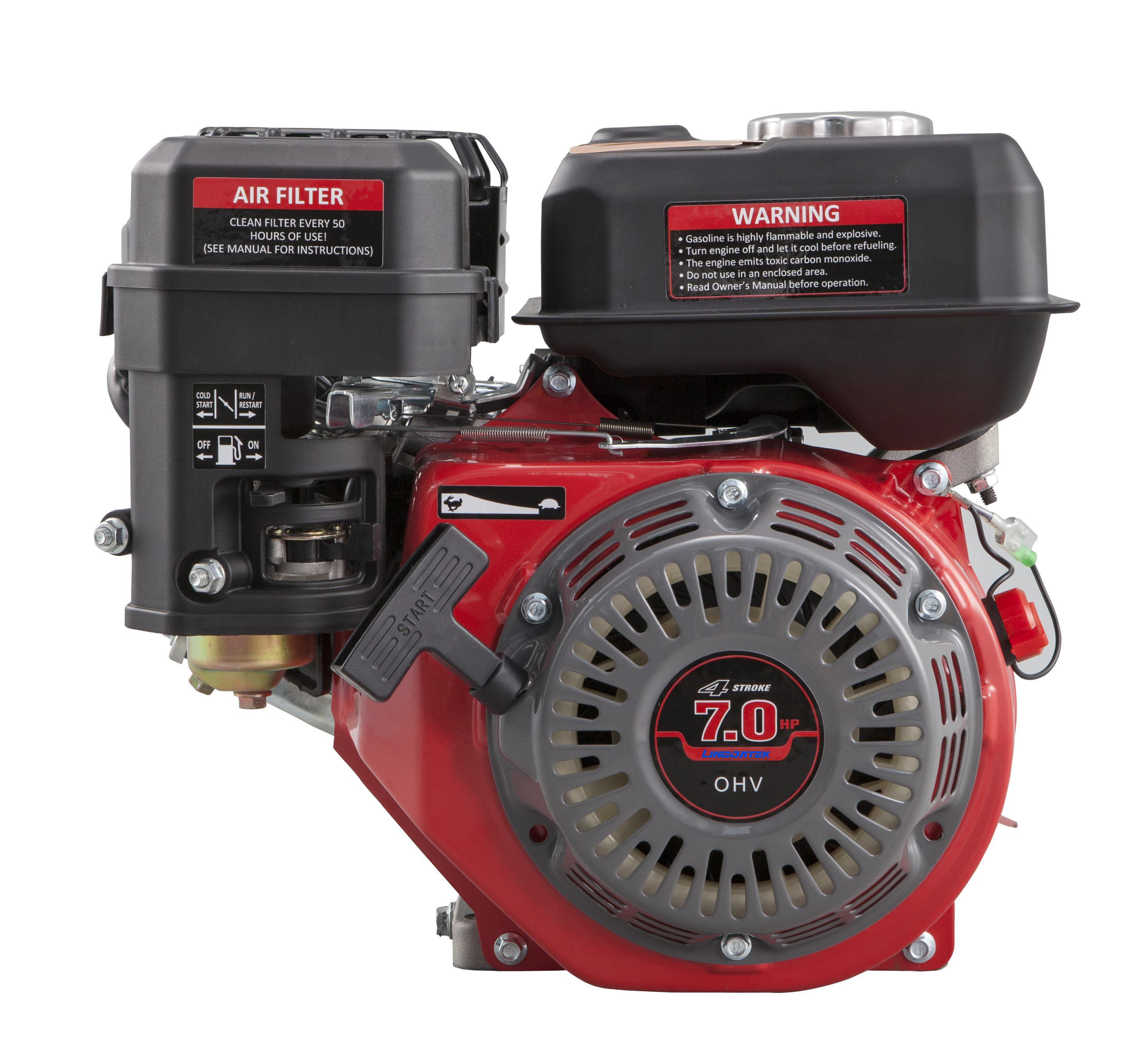gasoline powered
Gasoline powered engines represent a cornerstone of modern transportation and machinery, combining reliability with robust performance capabilities. These engines operate through the controlled combustion of gasoline, converting chemical energy into mechanical power through a sophisticated four-stroke cycle. The system begins with fuel injection, where precisely measured amounts of gasoline are sprayed into combustion chambers. Modern gasoline powered engines feature advanced electronic control units (ECUs) that optimize fuel delivery, timing, and air-fuel mixture ratios. These engines typically incorporate variable valve timing, direct injection technology, and turbocharging systems to enhance both power output and fuel efficiency. The applications of gasoline powered engines extend beyond automotive use, finding essential roles in construction equipment, portable generators, marine vessels, and recreational vehicles. Contemporary designs emphasize environmental consciousness through improved emission control systems, including catalytic converters and sophisticated exhaust gas recirculation systems. The integration of smart sensors and real-time monitoring capabilities ensures optimal performance while maintaining compliance with increasingly stringent environmental regulations.


